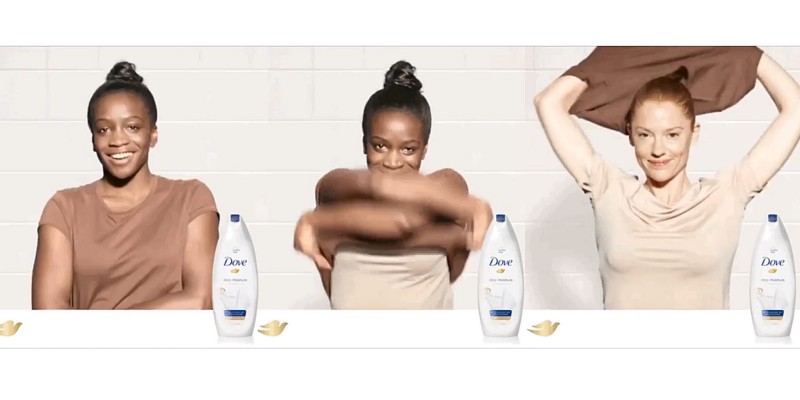
The Rise of Racially Insensitive Marketing/Advertising
I have been silent for long enough.
Dove.
H&M.
Amazon.
And now Wycon Cosmetics.
Every week it seems as if another major brand joins the list of racially insensitive marketers and advertisers and quite honestly I’ve had enough.
Over the last several months I have sat back in awe and watched tirelessly as brands ‘unknowingly’ created advertisements targeted specifically at black communities only to leave the community, outraged and prepared to protest their brands. One twitter user @NerdAboutTown even suggested that these brands are doing this as a part of a sick publicity stunt in order to gain more visibility and while I once I thought that was only a conspiracy theory it’s now turning into a very valid question. Are brands really trolling black audiences in hopes of garnering their attention?
While that answer is still unknown one thing that is very widely known is that most large brands and organizations generally have a strict approval process before an ad even goes live and yet somehow many of these racist driven advertisements still manage to make it’s way through process. How is this even possible?
Lack of attention and lack of representation.
Yes, everyone is screaming #TimesUp around the world and even using the cute hashtag that #representationmatters but where is the true representation?
According to U.S. statistical data African Americans only make up approximately 7% of advertising and marketing workers. Yes, only 7%. This is extremely alarming considering that by 2021 it is estimated that African American spending will reach over $1.5 trillion dollars making them the top consumer buyer in America. Brands are now flocking to do anything necessary to get in front of the black consumer(even if it means offending them and apologizing later) and many are doing so with little to no African American advertising/marketing professionals at their tables.
In fact, earlier this year I surveyed the African American women freelance creatives on my platform blackgirlgroup.com and was shocked to learn that many of the freelancers who still work full time in marketing/advertising mentioned often feeling pressured to remain silent during the creation of racially insensitive marketing campaigns in fear that speaking up could cost them their jobs. This in turn has left many black voices unheard even while sitting at the table. These survey findings while disheartening are just a reminder of the very subtle micro-aggressions that still exist in the advertising and marketing world.
So where do we go from here? I’m not quite sure, but one thing that I do know is that there’s no excuse. In 2016, I created Black Girl Group an online marketplace that connects black women freelance creatives to companies seeking to create content for black audiences during a time that many people told me that racially insensitive marketing didn’t exist. Here we are now in 2018 and it seems as if every other week there’s a new debacle.
My platform was created to not only amplify the voices of African American women freelance creatives but to give them an opportunity to sit at tables amongst other creatives and help them create campaigns that speak to black audiences without offending them.
It’s not a hard concept but it is a hard conversation and if that conversation doesn’t begin anywhere else, it begins right here and right now. What will you and your brand do? Be a part of the problem or part of the solution?
The choice is yours.
